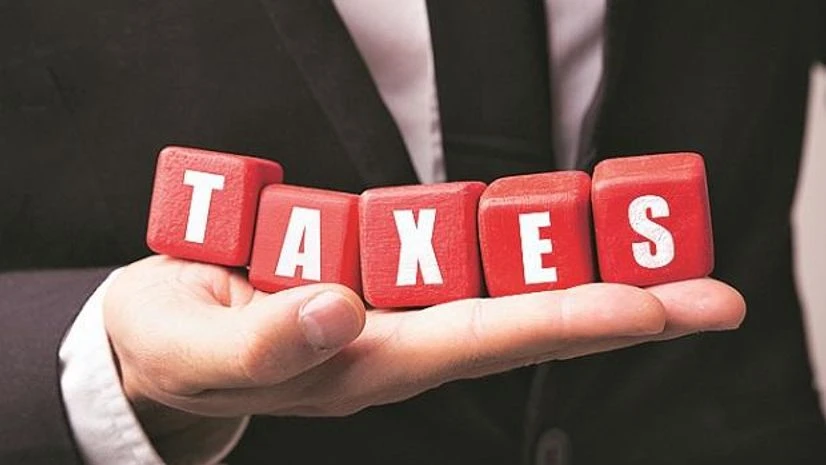The panel for drafting a new legislation on direct taxation has suggested an overhaul of personal income tax (I-T) slabs, to increase disposable income and give a fillip to consumer demand. Sources said the draft legislation had proposed four tax brackets by introducing a new slab of 35 per cent for those earning an annual income of Rs 2 crore and above.
The panel on the direct tax code (DTC) has also suggested the increase in the threshold for exemption from income tax to Rs 5 lakh a year from the current Rs 2.5 lakh.
The panel has proposed lower rates of 10 per cent for annual income between Rs 5 lakh and Rs 10 lakh, 20 per cent for income between Rs 10 lakh and Rs 20 lakh. For income of Rs 20 lakh to Rs 2 crore, the suggested rate is 30 per cent.
Currently, personal income is taxed at 5 per cent for income between Rs 2.5 lakh to Rs 5 lakh, at 20 per cent for income between Rs 5 lakh and Rs 10 lakh, and 30 per cent for an income of above Rs 10 lakh.
As such, there is no 10 per cent slab in the current scheme of things. If the recommendations are implemented, there will be no 5 per cent slab.
From this year, those with an annual income of up to Rs 5 lakh are getting a rebate of Rs 12,500 on taxes. This effectively makes income of up to Rs 5 lakh free of tax.

More From This Section
Explaining the rationale for a rejig in tax slabs, a source said, “This can boost consumption and investment by the middle-income group. People earning between Rs 5 lakh and Rs 20 lakh tend to consume more with tax cuts.”
Experts believe a cut in tax rates is bound to hit the exchequer.
However, it depends on the virtuous cycle of investment and economic growth. If the cut in the rates increases compliance, things are likely to stabilise in two-three years.
The government-constituted task force, headed by Central Board of Direct Taxes member Akhilesh Ranjan, submitted its report to Finance Minister Nirmala Sitharaman on August 19. The new tax code is aimed at simplifying tax laws, which are rather complex at present, and also reducing the number of exemptions.
Deadlines to submit the report were extended several times. It was originally scheduled to submit on February 28.
Sources said the last extension was given since Chief Economic Advisor Krishnamurthy Subramanian was new to the panel.

)
